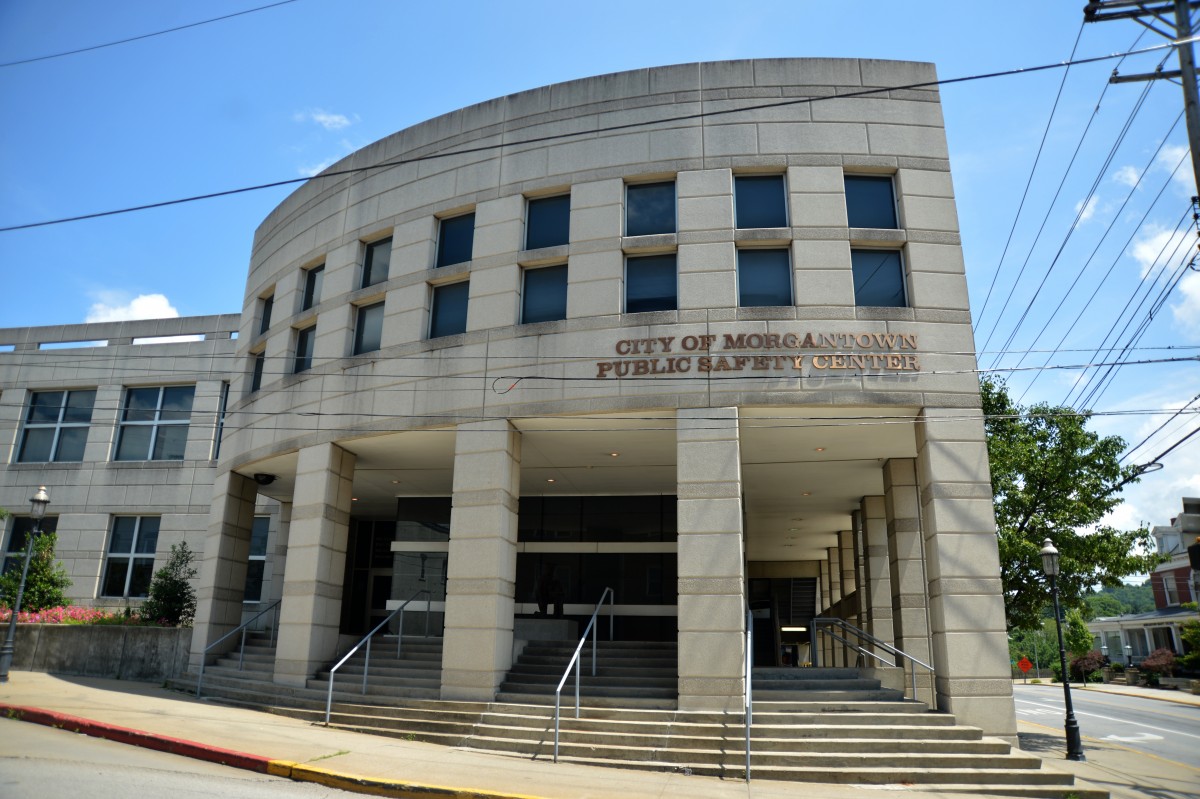MORGANTOWN — Holding facility, public intox shelter, drunk tank.
Whatever you want to call it, Morgantown Police Chief Ed Preston calls it sorely needed. The lack of such a facility, he explained, results in increased strain on local law enforcement and medical services, particularly emergency rooms — which often serve as a catch-all for police with limited options dealing with repeat offenders.
As it does on a fairly regular basis, the topic of loitering, substance abuse and aggressive or otherwise unwanted behavior downtown resurfaced recently after concerns were raised by a number of Walnut Street business owners.
And as he has each time these questions are raised, Preston said the effort to address behavior downtown is missing a valuable component — a short-term holding facility.
“I’ve been advocating for years for a public intox facility, and I continue to advocate for it. I have agreed to anybody who will listen that if we’re given the ability to have an intox facility, I will provide the security for it,” Preston said.
As previously reported, a known alcoholic cannot be cited for public intoxication according to state code.
Police are left with few options, including trying to track down a friend or family member who will take responsibility for the person, or, if the person doesn’t seem capable of taking care of themselves, sending them to the hospital.
Not only would such a holding facility reduce the number of chronic inebriants being stashed in local emergency rooms, Preston said it could also be used to push diversion into substance abuse programs.
These points are not new.
They’re the same points the police chief raised in September 2016, when the city discussed curbing certain behaviors downtown with an aggressive panhandling law.
They’re the same points he raised again last summer, when he told The Dominion Post that trying to track down sober acquaintances and/or determining if someone needs to go to the hospital is time-consuming for officers — particularly with individuals who require such attention repeatedly.
“I’m 100% behind a public intox facility. I support it and will do anything I can to help facilitate it,” Preston said, later adding, “But it comes up. It becomes critical and then it goes away. Sometimes, it’s a political point. Sometimes, it’s a financial point. There’s no one answer and it’s not one group. I’m not going to point fingers because this is an ‘us’ issue and everybody would benefit from it.”
While the idea of a holding facility has largely failed to get off the ground, another conversation has centered around potentially moving the numerous social services centered in and around the business district out of the downtown area — specifically to the former Ramada Inn building, on Scott Avenue.
The 110,000 square-foot building with a full industrial kitchen and 10-acre property was provided to WVU Medicine by Mark Nesselroad and the Hazel Ruby McQuain Charitable Trust with the vision of turning it into a one-stop shop for local social services.
According to Angela Jones-Knopf, WVU Med-icine’s director of media relations, that effort is ongoing but in its formative stages.
“There has been a great deal of interest from community organizations, but, for now, the task at hand is making the numbers work. Those involved want it to make financial sense for the social service organizations to participate in this vision,” Jones-Knopf explained.
“Everyone involved very much wants this project to succeed, but there are challenges that still need to be overcome. Funding is our main concern, but we need the right combination of tenants, security, and operational needs that still need to be met before the project can stand up on its own.”
TWEET @DominionPostWV




